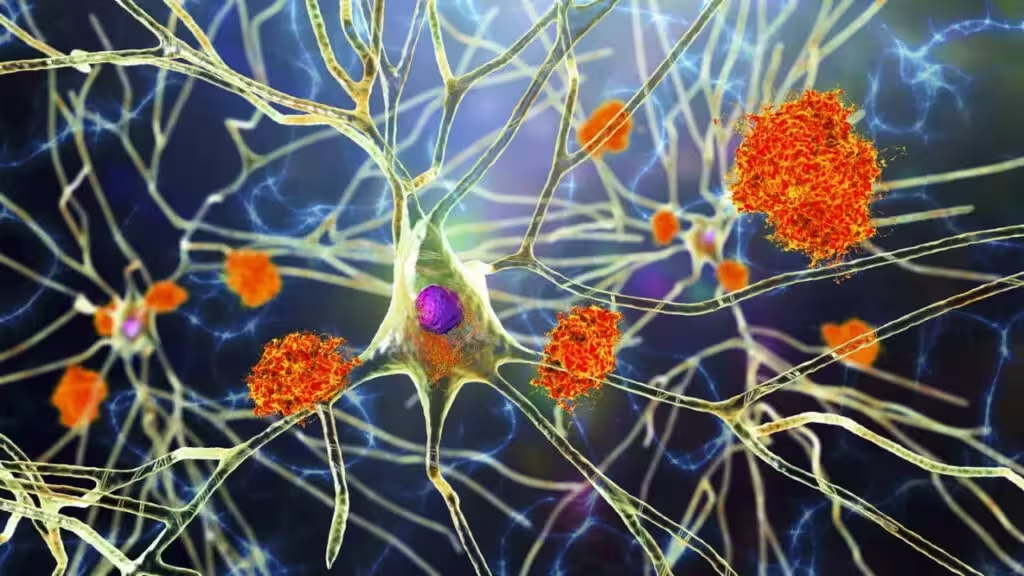3 Minutes
Unveiling the Biological Differences in Disease Impact Between Genders
Recent large-scale international research has illuminated why diseases often manifest differently in women and men. Scientists have discovered fundamental biological variations that may explain the disparities in symptoms, risk factors, and outcomes for various diseases across the sexes. The comprehensive study, published in Nature Communications, analyzed health data from over 56,000 participants—drawn from the UK Biobank and the Fenland Study—offering unprecedented insights into the molecular basis of sex-specific disease responses.
Genetic Investigation: Linking Proteins and Disease
The research team examined genetic connections between nearly 6,000 proteins and hundreds of diseases. Strikingly, findings revealed that approximately two-thirds of these proteins are present at different levels in men and women, indicating a widespread biological divergence. Delving deeper, scientists identified around 100 proteins whose concentrations are regulated by sex-specific genetic mechanisms—often referred to as ‘genetic switches’. These molecular switches modulate protein expression differently in each gender and may underlie variations in disease susceptibility and clinical presentations.

Beyond Biology: The Role of Environment and Lifestyle
While protein expression differences offer important clues, the study demonstrates they are only part of the explanation. According to researchers, other critical factors—including hormone levels, living environments, economic conditions, educational background, occupation, and daily habits—also substantially influence disease risk and progression between men and women. These variables interact with genetics to shape individual health trajectories, underscoring the need for multifaceted approaches in medical research.
Expert Insights and Implications for Precision Medicine
Dr. Maen Kopleolu, lead author of the study, remarks, “For the first time, we can investigate human biology at such a profound level. Our findings emphasize that a comprehensive understanding of both genetic and environmental contributors is essential for developing more accurate and equitable health care models.” Professor Claudia Langenberg, Director at PHURI, Queen Mary University of London, adds that the outcomes of this research will enhance the design of targeted therapies and precision medicine. She notes that, although many protein regulation differences are subtle, recognizing even minor variations can pave the way for more personalized treatment strategies.
Conclusion
This landmark research underscores the complex, intertwined factors that dictate how diseases differently affect men and women. By dissecting both genetic and environmental influences, scientists are paving the way for more tailored, effective, and fair healthcare solutions. Continued investigation into sex-specific biological processes and lifestyle factors will be crucial for advancing global health and bridging gaps in disease prevention and treatment.
Source: nature



Comments